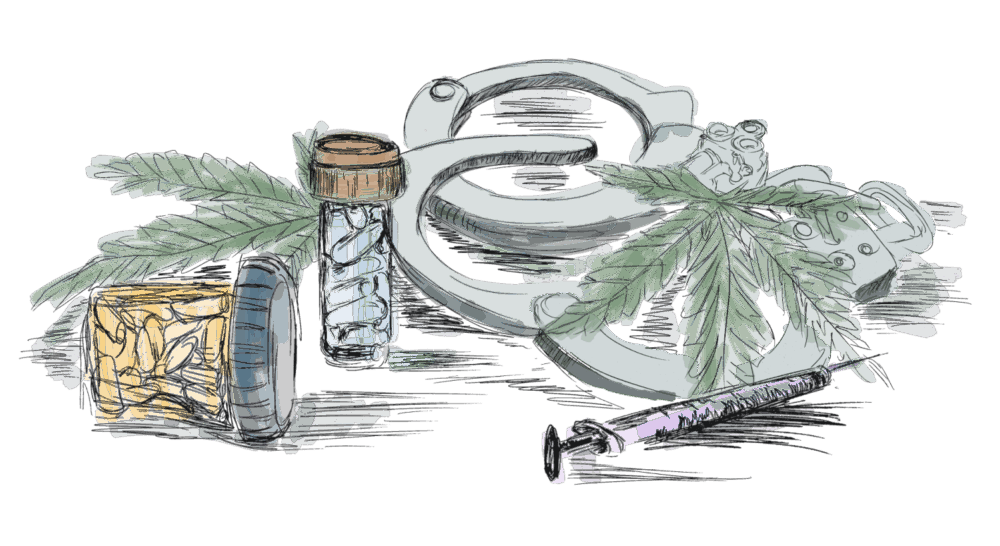East Timor’s President Advocates for Drug Decriminalization Based on Portugal’s Model
Recently, the current President of East Timor and Nobel Peace Prize laureate, José Ramos-Horta, addressed the country’s legislative assembly, urging lawmakers to seriously consider the decriminalization of psychoactive and narcotic substances, citing Portugal’s experience as an example. “It is time to start approaching the issue of substance use from a neutral perspective, one supported by scientific facts and observational data, rather than propaganda,” he stated in his speech. “As part of this policy, we should also fundamentally reconsider our attitude toward legal but far more dangerous substances and products, such as alcohol, tobacco, and areca nuts.”
In particular, President Ramos-Horta called for the removal of cannabis from restrictive lists, suggesting that the plant and its active components should be considered as industrial crops and therapeutic substances, respectively. “The experience of reform in many other countries around the world clearly shows us that cannabis is obviously not as dangerous a substance as methamphetamine or opium. Moreover, its use has less serious health consequences than the use of legal tobacco or alcohol,” he emphasized.
International Support and Critique of Current Policies
It is worth noting that President Ramos-Horta is a long-standing member of the international organization “Global Commission on Drug Policy,” which includes politicians and public figures from around the world who seek to promote global reforms regarding cannabis and other psychoactive substances.
In his speech, the president also criticized the actions of the police, who, in his view, are excessively zealous in their fight against cannabis cultivators and users, applying draconian sanctions. “Because of the strict criminalization of cannabis, we are spending money and human resources fighting an industry that could bring millions of dollars in profit to our country if it were formally regulated,” he said. “Some countries in our region, such as Thailand and soon Malaysia, have already realized that such a policy is a losing proposition economically and have decided to take radical steps. The same is happening in Europe and America, where more and more countries and regions are adopting reforms regarding the status of cannabis every month. In my opinion, it is foolish to miss out on a huge development opportunity for our country in the form of a legal cannabis market, just because in some places this plant is still considered a ‘drug.’”



